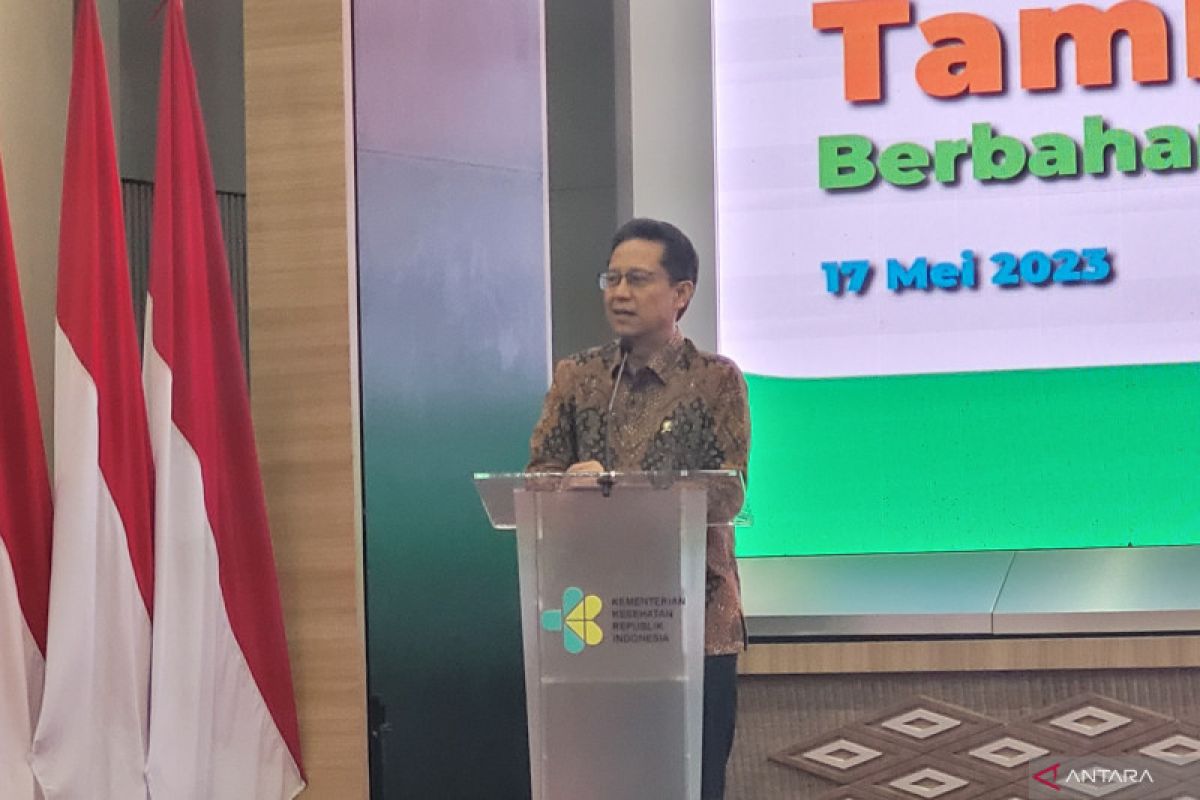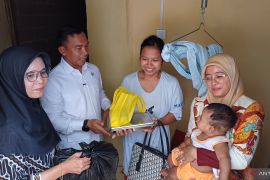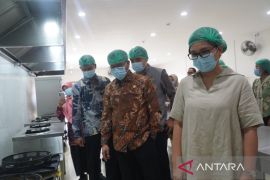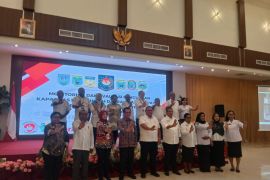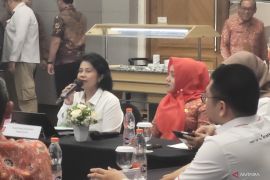"The first (priority) recipients are children whose weight does not increase or tends to decline," he informed during a PMT activity unveiling event here on Wednesday.
If children's weight does not increase or even tends to decline, it can cause stunting in the future, he explained.
Earlier, the stunting rate was successfully reduced, however, the wasting (low weight) figure ended up increasing, he added.
The second priority recipients are pregnant women lacking nutrition. According to Sadikin, a good pregnancy is the biggest factor that determines children's condition prior to their birth.
"Mothers are intervened by having their arms measured, (the reading should be) at least 23.5 cm. Their Body Mass Index (BMI) should also not be below 18.5. Do not let them go below normal," he said.
Related news: Health ministry drops biscuits for local foods in PMT program
Several types of foods are being provided under the program, primarily animal proteins, such as meats, eggs, and fish, since they contain beneficial nutrients that can help prevent stunting.
The plan is to implement PMT for these two priority groups at all public health centers (puskesmas) in Indonesia in the near future by cooperating with district or city governments and puskesmas.
Children who have already experienced stunting will continue to receive the usual treatment, such as monitoring from doctors at hospitals, he informed.
The ministry is aiming to bring down the national stunting rate to 14 percent by 2024. The PMT program is expected to help reduce the stunting figure in Indonesia.
Related news: Optimize four funding sources to tackle stunting, village heads told
Translator: Sean Filo M, Fadhli Ruhman
Editor: Yuni Arisandy Sinaga
Copyright © ANTARA 2023
